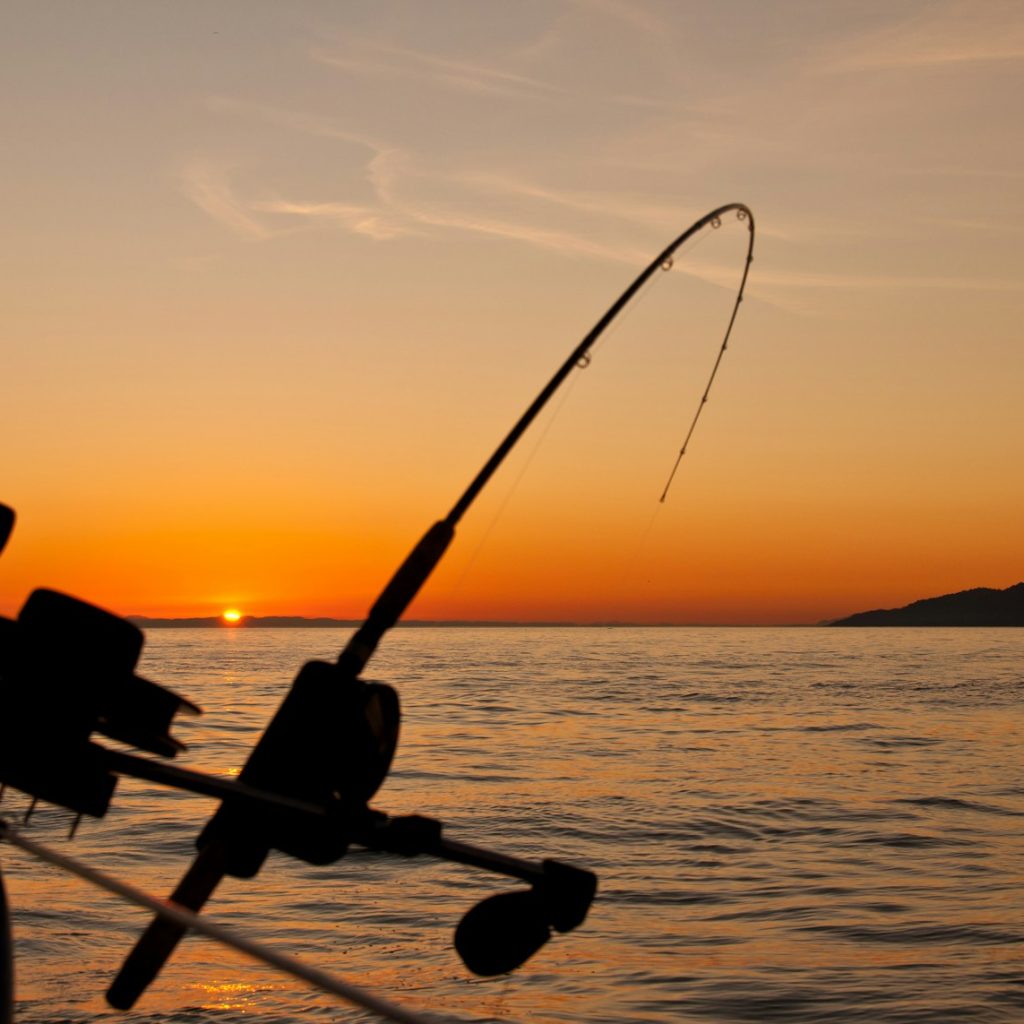
Navigating Boating Regulations: A Must-Read for all Fishing Enthusiasts
Navigating Boating Regulations: A Must-Read for all Fishing Enthusiasts
As an eager fishing enthusiast, taking your boat out on the open water is a thrilling experience. However, it is crucial to ensure that you navigate boating regulations effectively to ensure the safety of yourself, your passengers, and other boaters. Understanding and complying with these regulations will not only help you enjoy your fishing trips but also maintain a healthy and sustainable environment for future generations. In this article, we will explore the essential boating regulations that every fishing enthusiast must be aware of.
1. Understanding Vessel Registration and Documentation
One of the primary steps to legally operate your boat is properly registering and documenting your vessel. Each state has its own requirements, but in general, all boats must be registered with a relevant government agency. This registration process typically involves providing documentation such as the vessel’s proof of ownership, proof of payment of sales tax, and a completed application form. Failure to register your boat may result in fines or penalties, and in some cases, even lead to the confiscation of your vessel. It is important to stay updated with the specific regulations in your state to avoid any legal consequences.
2. Mastering Navigation Rules
Navigating the waters requires a solid understanding of the navigation rules, also known as the “Rules of the Road,” to avoid collisions and maintain safe boating practices. These rules provide guidelines for operating a vessel, determining the right of way in different situations, using navigational lights at night or during low visibility conditions, and much more. Ignorance of these rules can not only put lives at risk but may also lead to legal troubles. Familiarize yourself with these regulations to ensure a smooth and safe boating experience.
3. Complying with Safety Equipment Requirements
Safety should be a top priority whenever you take your boat out on the water. To ensure a safe voyage, it is essential to comply with the safety equipment requirements mandated by law. Every vessel must have appropriate life jackets or personal flotation devices (PFDs) for each passenger on board. Additionally, having a throwable flotation device, flares, fire extinguishers, a first aid kit, and an anchor is also crucial. Moreover, make it a habit to conduct regular checks on your safety equipment to ensure they are in proper working condition.
4. Adhering to Fishing Regulations
While fishing regulations may not be directly related to boating, fishing and boating often go hand in hand. Most fishing activities occur on boats, and therefore, it is important to understand and comply with fishing regulations to promote the preservation of ecosystems and maintain sustainable fish populations. These regulations typically include bag limits, size limits, catch-and-release guidelines, and fishing season restrictions. Familiarize yourself with the fishing regulations in your area to avoid any legal consequences and contribute towards fisheries conservation.
Frequently Asked Questions (FAQs)
Q1. Is it mandatory to have a license for boating?
A1. The requirement for a boating license varies by state. Some states do not require a license, while others may require a certification or educational course. It is crucial to research and understand the regulations specific to your state.
Q2. Are there any restrictions on boating in certain areas?
A2. Yes, certain areas may have restrictions or regulations imposed by local authorities. These restrictions may include speed limits, no-wake zones, restricted access areas, protected areas, or seasonal closures. It is essential to understand and adhere to these restrictions to avoid any legal consequences.
Q3. What are no-wake zones?
A3. No-wake zones are designated areas where boaters must operate their vessels at a slow speed, without creating any wake. These zones are in place to protect sensitive environments, such as marinas, docks, and areas with high boat traffic.
Q4. Can I fish without a fishing license if I am boating?
A4. Fishing licenses are typically required for recreational anglers, regardless of whether they are fishing from shore or from a boat. It is essential to obtain the necessary fishing license for your fishing activities to comply with local fishing regulations.
In , understanding and navigating boating regulations is essential for fishing enthusiasts to ensure the safety of everyone involved and maintain sustainable fishing practices. By familiarizing yourself with vessel registration, navigation rules, safety equipment requirements, and fishing regulations, you can enjoy your boating and fishing experiences while contributing towards the preservation of marine ecosystems. Remember, staying informed and complying with the regulations is not only a legal obligation but also a responsibility towards the environment and future generations of fishing enthusiasts.
Published in Fishing

Responses